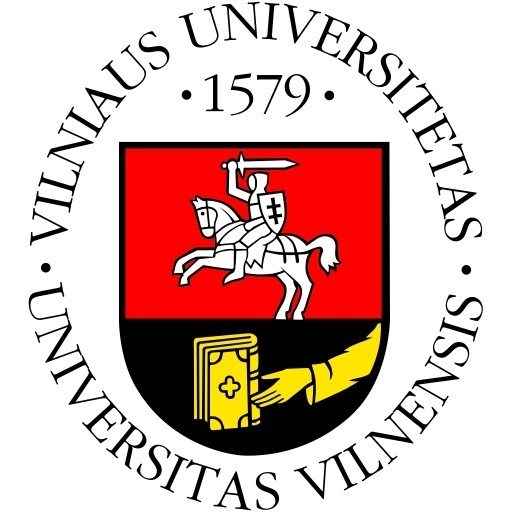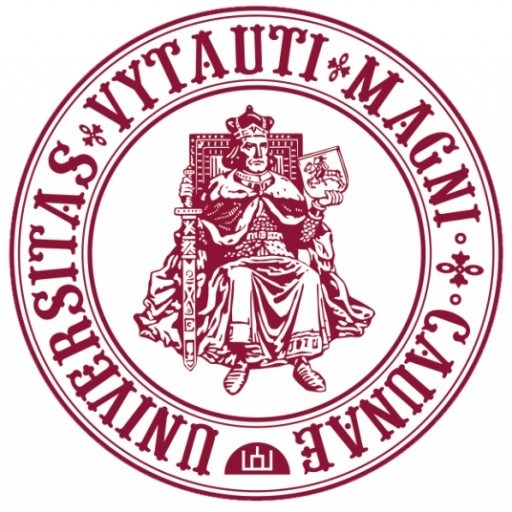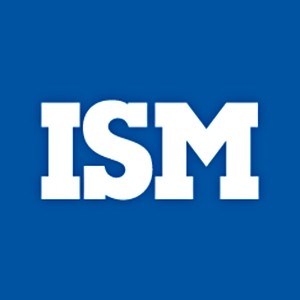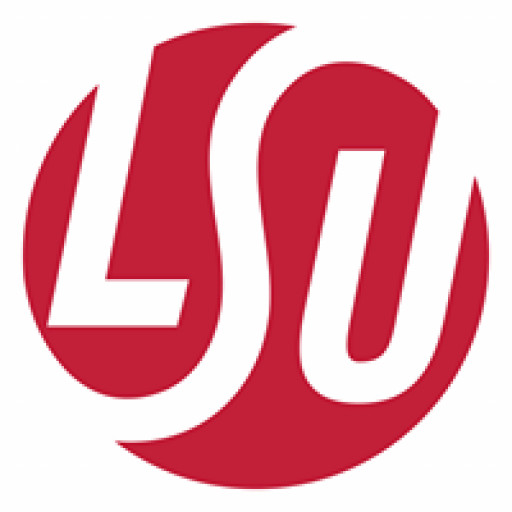Photos of university / #vilniusuniversity
Pharmaceutical Chemistry at Vilnius University is a comprehensive undergraduate program designed to prepare students for a successful career in the pharmaceutical industry, research, and academia. The program provides a solid foundation in chemistry, biochemistry, and pharmacology, enabling graduates to understand the complex chemical processes underlying drug development, production, and quality control. Throughout the course, students engage in rigorous theoretical coursework complemented by practical laboratory work, fostering critical thinking, problem-solving skills, and hands-on experience with modern analytical techniques. The curriculum covers a wide range of topics including organic and inorganic chemistry, medicinal chemistry, pharmacology, toxicology, and pharmaceutical technology, ensuring a well-rounded education in the science of medicines. Additionally, students have opportunities to participate in research projects, internships, and collaborations with industry partners, gaining valuable insights into real-world applications and innovations in pharmaceutical sciences. The program emphasizes the importance of quality assurance, regulatory compliance, and ethical considerations in drug manufacturing and development. Graduates of the Pharmaceutical Chemistry program are well-equipped to work in pharmaceutical companies, research institutions, regulatory agencies, or to pursue postgraduate studies. With state-of-the-art laboratories, experienced faculty, and a curriculum aligned with international standards, Vilnius University's Pharmaceutical Chemistry degree aims to produce highly competent professionals dedicated to advancing healthcare through scientific excellence and innovation. Join us to become an expert in creating and analyzing medicines that improve health and save lives.
The Pharmaceutical Chemistry Master's program at Vilnius University offers an in-depth education in the principles and applications of pharmaceutical science. This program is designed to equip students with advanced knowledge and practical skills necessary for careers in drug development, quality control, and pharmaceutical research. Throughout the program, students explore the chemical properties and mechanisms of action of various drug substances, learning how to design, synthesize, and analyze new pharmaceutical compounds. The curriculum integrates fundamental topics such as organic and inorganic chemistry, analytical methods, and biochemistry, with specialized courses focused on pharmacology, medicinal chemistry, and formulation technology.
Students gain hands-on experience in state-of-the-art laboratories, working with modern instrumentation and technologies used in pharmaceutical research and development. The program emphasizes the importance of quality assurance, regulatory compliance, and Good Manufacturing Practices (GMP), preparing graduates for work in the pharmaceutical industry, research institutions, and regulatory agencies. Additionally, students have opportunities to participate in scientific projects, internships, and collaborations with industry partners, fostering practical skills and professional networks.
The curriculum also covers topics related to the safety, efficacy, and ethical considerations of pharmaceuticals, ensuring graduates are well-equipped to contribute to public health. The program emphasizes critical thinking, problem-solving, and innovative approaches in pharmaceutical chemistry. Graduates of this master's program will be prepared to undertake research roles, develop new medications, improve existing pharmaceutical products, and support the advancement of healthcare through scientific excellence. The program is suitable for students with a background in chemistry, pharmacy, or related disciplines, aiming to deepen their expertise and pursue careers in the dynamic field of pharmaceutical sciences.
- Bachelor degree or its equivalent in Physical Sciences (Chemistry), Life Sciences (Biology or Biochemistry), Technological Sciences (Biotechnology) or Engineering Sciences (Chemical Engineering or Bioengineering)
- English Language requirements: applicant has to present document providing the level not lower than B2 (following the common European Framework of Reference Languages (CEFR), or TOEFL score 75/IELTS score 6
Financing studies in the Pharmaceutical Chemistry program at Vilnius University is designed to be accessible and supportive for both local and international students. The primary funding options include state-funded places, self-financed studies, and various scholarship opportunities. State-funded places are usually available through national competitions and are allocated based on academic achievements, language proficiency, and other criteria. Applicants from Lithuania and other European Union countries can apply for these spots, which do not require payment of tuition fees, thus reducing the financial burden on students. Self-financed students are responsible for paying tuition fees, which are set annually by the university and are comparable to those for similar science programs. The tuition fee for the Pharmaceutical Chemistry program covers access to university facilities, participation in laboratory and practical classes, and inclusion in international exchange programs.
Vilnius University offers a range of scholarships aimed at supporting students financially during their studies. Merit-based scholarships are awarded based on academic performance, research achievements, and extracurricular activities. Additionally, there are social scholarships for students facing economic hardship, as well as targeted scholarships for students enrolled in specific programs or involved in research projects. International students may also have access to Erasmus+ mobility grants, enabling them to participate in exchange programs with partner universities across Europe, which often includes funding for travel and living expenses.
Furthermore, students have opportunities to support themselves through part-time work, both within the university and in the surrounding community, in accordance with visa regulations for international students. Some students also secure funding through research projects, internships, and collaborations with industry partners, enhancing both their financial stability and professional experience. The university also provides detailed guidance and support on the application processes for different funding options, aiming to make higher education affordable for as many qualified applicants as possible. Overall, Vilnius University strives to ensure that financial considerations do not prevent talented students from pursuing their studies in Pharmaceutical Chemistry.
CAREER OPPORTUNITIES
The graduate pharmaceutical chemists could work in private (biotechnology or pharmaceutical companies) and in public sectors (universities, research institutes, hospital laboratories) as well as in integrated study, science and business centers.
INTERNATIONAL MOBILITY
Students can participate in ERASMUS+ mobility programme which gives an opportunity to study at VU’s Partner University or do internship abroad.



